A abscess, Boil or Pus bladder is an encapsulated collection of pus in tissue. This can lead to inflammation in the tissue. Pus blisters are mostly caused by inflammation caused by foreign bodies or bacteria. Abscesses or pus blisters should always be examined by a doctor. Self-treatment by expressing the pus is not advisable.
What is a pus bladder?

Pus blisters, also called abscesses, are small or large skin blisters that are filled with pus. This shows up either through the bursting of the pus vesicles or through manual opening of such a vesicle. A preliminary stage of pus blisters can also be water blisters, the wound secretion of which can also cause pus as the disease progresses.
Pus is known to be a sign of inflammation. For this reason, it is advisable to consult a doctor as soon as possible if pus blisters can be seen on the skin. However, pus blisters can not only appear on the skin, but also on the gums and mucous membranes. Developments in blood blisters are also possible.
causes
There are a large number of possible causes for pus blisters or abscesses. Some insect bites may cause pus blisters. The most common cause of pus blisters, however, is inflammation of the skin or gums that does not heal properly. Even burns to the surface of the skin or the gums can, in the worst case, lead to pus blisters, which are sometimes quite painful.
Another very common cause of pus blisters is also fungal infections or eczema of the skin. Usually these skin changes occur between the toes or fingers. Usually, small water and pus vesicles first appear and then the skin surface flakes off.
Pus blisters on the pus are usually caused by inflammation of the gums or are the result of a burn - for example, from food or drinks that are too hot. The actual cause of pus blisters can only be clarified by a doctor if the cause is not known beforehand. Whatever the cause, pus blisters are always a serious sign that should not be ignored.
Diseases with this symptom
- anthrax
- Brain abscess
- Cold sore
- acne
- Rosacea
- eczema
Differential diagnosis
In the case of skin abscesses, there is usually no confusion, as the symptoms are usually clear. Similar diseases can thus be excluded.
Complications
If pus blisters are treated improperly or inadequately, fistulas, infections and other complications can occur. Abscesses and pus blisters that are not pierced can break open and empty into body cavities and hollow organs or enter the bloodstream. Organ abscesses, infections and, in the worst case, sepsis, i.e. blood poisoning, are the result and in extreme cases lead to the patient's death. If pus blisters break open on the face or jaw area, there is a risk of a brain abscess forming.
This can lead to an increase in intracranial pressure and, as a consequence, to vascular occlusion and a cerebral infarction. With early treatment of the pus bladder there is usually no risk of lasting complications. In the course of the recovery process, which can take several weeks, unsanitary handling of the wound mainly leads to problems, as pathogens can penetrate the existing abscess.
If the pathogens then penetrate other parts of the body, further pus blisters and infections develop internally and externally. Further complications: bleeding after opening the pus bladder, renewed infections, the formation of fistulas and scarring of the tissue. If the anus is affected, there is severe pain and difficult bowel movements, and pus blisters in the armpits often lead to pain and sometimes severe infections due to the bacterial focus in the armpit.
When should you go to the doctor?
Pus blisters are encapsulated accumulations of pus in body tissue. They are also known under the names pus and abscess. Pus blisters can appear anywhere on and in the body - on the surface of the skin as well as in the brain. The cause of pus blisters is inflammation caused by bacteria or foreign bodies. Even if the temptation is great: those affected should never treat visible pus blisters themselves, for example by expressing them. Pus blisters should only be treated by a doctor.
If you have pus blisters, you should see a doctor as soon as possible. On the one hand, it is important to find the cause, on the other hand, pus is always a significant health hazard. The causes of pus blisters are numerous. First and foremost are skin and gum inflammations. Eczema and fungal infections are other triggers for a pus or abscess. Acne and cold sores are also characterized by pus vesicles.
A presentation to the doctor too late can complicate the course of the process triggered by the pus bladder. A fistula or even blood poisoning can develop from a pus bladder. The main reason for abscesses in the brain is that pus blisters in the head area - for example on the jaw or face - break open and their pathogens cross the blood-brain barrier. There are other risks as well. Summary: In the case of pus blisters, it is important to consult a doctor immediately.
Doctors & therapists in your area
Treatment & Therapy
After clarifying the cause of the existing pus blisters, they should be treated as soon as possible.
Otherwise, especially in the case of skin infections, there is a risk that the supposedly harmless pus blisters will spread to form large-area pus lichen. The reason for this is the fact that the pus in the vesicles is regularly highly infectious and can cause more vesicles after it has escaped.
For the treatment of pus blisters as a result of fungal infections or eczema, the family doctor regularly prescribes an appropriate ointment. Depending on the location of the vesicles, it is also advised to “shield” the infected region with bandages or the like, so that further spread is prevented. If there are pus blisters as a result of burns, these are usually treated with burn ointments.
It is not uncommon for large abscesses to be opened by a professionally competent doctor and rinsed with an antibiotic. Because of the wide range of possible illnesses, it is imperative to refrain from treatment at home and go straight to a doctor.
Outlook & forecast
Pus blisters can appear anywhere on the body, such as the skin or the brain. The following always applies to pus blisters: They must never be squeezed out or pricked. If you have a pus bladder, you should always seek medical treatment.
The doctor must first determine why there was any pus build-up in the first place. Often skin and gum inflammation cause such pus blisters. Cold sores or various fungal infections also have pus blisters, so that a visit to the doctor is definitely inevitable.
If such clinical pictures are not treated professionally, there is a risk of dangerous blood poisoning, which can lead to death. A doctor should be consulted as soon as possible, especially if there is a pus blister on the head. If these pus bubbles break open, an abscess can develop in the brain in the worst case. In such a case, the corresponding pathogens cross the blood-brain barrier and attack the brain. If such a pus bladder has already broken, a serious secondary disease can be prevented with appropriate medication.
prevention
As already explained, pus blisters are often the result of a fungal infection or eczema. As a preventive measure, thorough hygiene is recommended above all.
Since pus blisters often form on the hands, they must be washed regularly. Attention should also always be paid to the cleanliness of the apartment.
The bathroom and kitchen in particular are foci of bacteria that require daily cleaning. For someone else's home, it is advisable to have antibacterial cloths with you and to wipe the toilet before using it.
Extensive hygiene can prevent numerous diseases associated with pus blisters.
You can do that yourself
The treatment of pus blisters should always be taken over by a doctor. In addition, various home remedies and self-measures can contribute to a quick recovery. Effective home remedies for abscesses include poultices and baths with chamomile, arnica, nettle or calendula. Quark applications and white cabbage, hot milk compresses and lapacho tea, which strengthen the immune system and reduce the local spread of pathogens, are just as effective.
Healing clay can also be used to treat pus blisters. The powder is applied to the affected area in the form of a compress or a simple poultice, where it relieves pain and itching and stops the pathogen from spreading. Anti-inflammatory ointments and tinctures can be applied to support the immune system in fighting the infection and accelerate the maturation of the pus blisters. In addition, general measures such as regular hydration and washing hands with disinfecting soap help to rinse out pathogens and to contain the spread of the inflammation.
Poorly tolerated foods and luxury foods should be removed from the menu until the pus blisters have healed. Possible triggers of the complaints (allergens, house dust mites, etc.) should also be avoided and removed if possible in order to ensure rapid healing of the pus blisters.

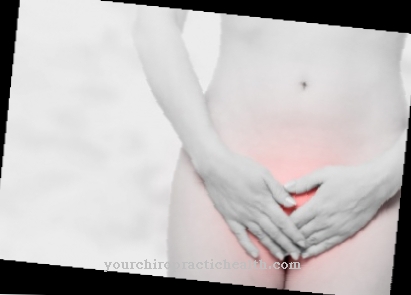


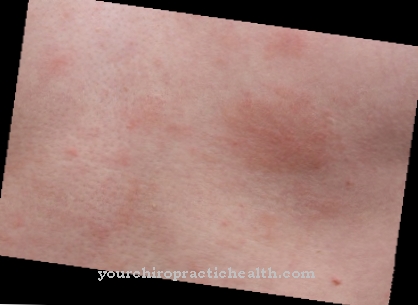

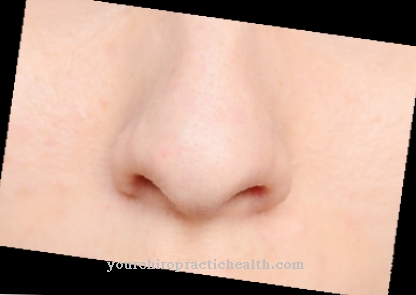


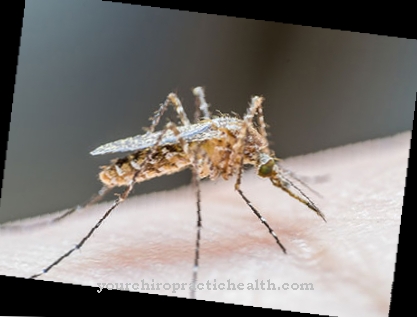
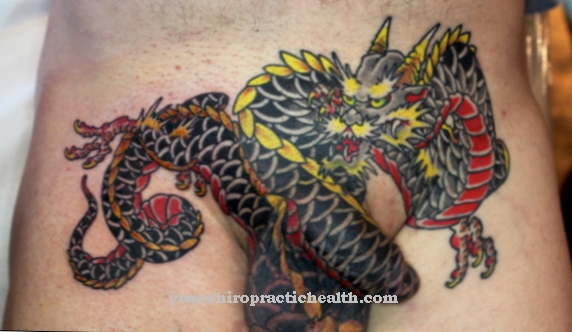
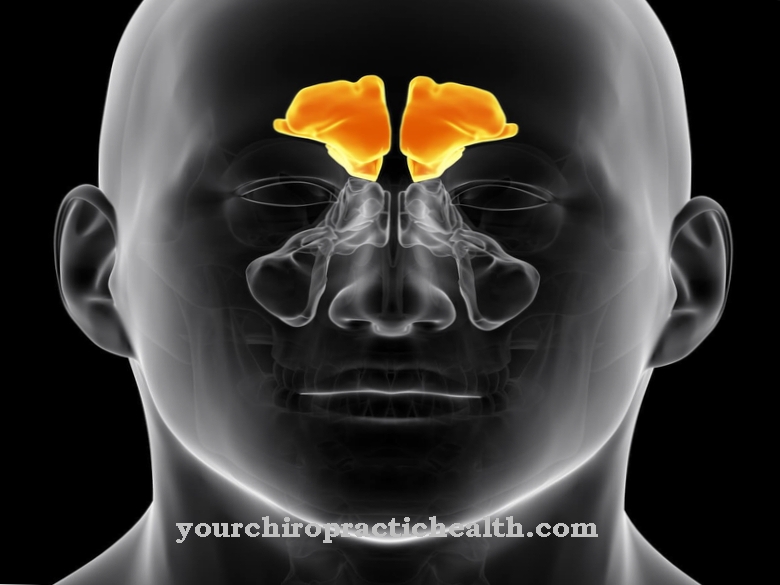


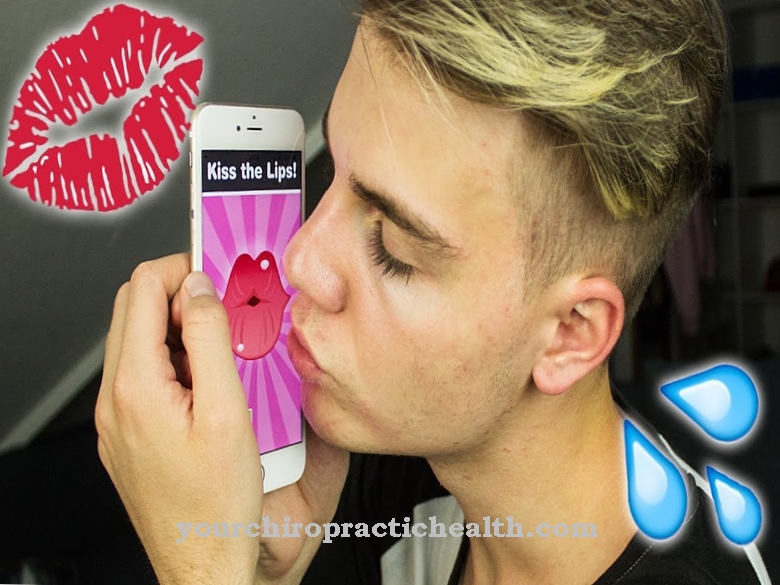
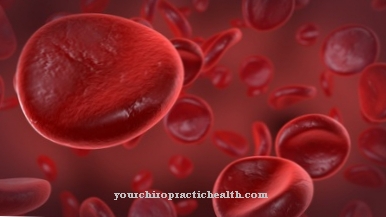
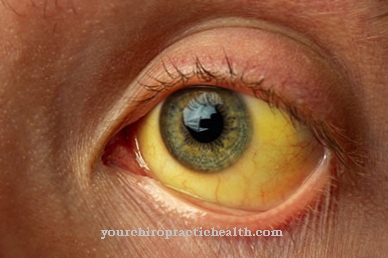
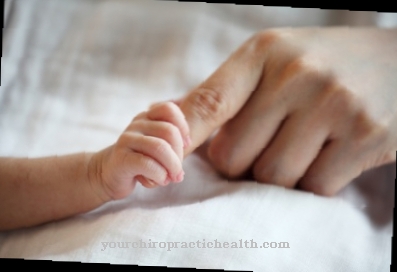

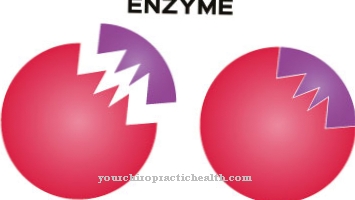
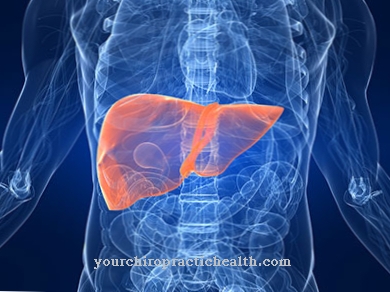
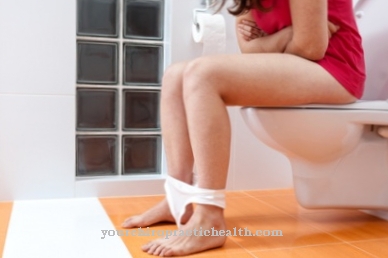
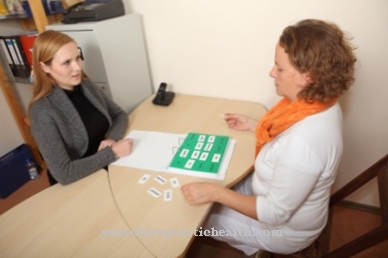
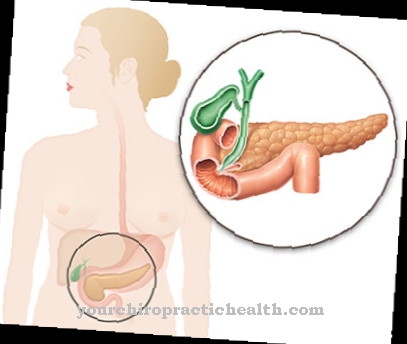
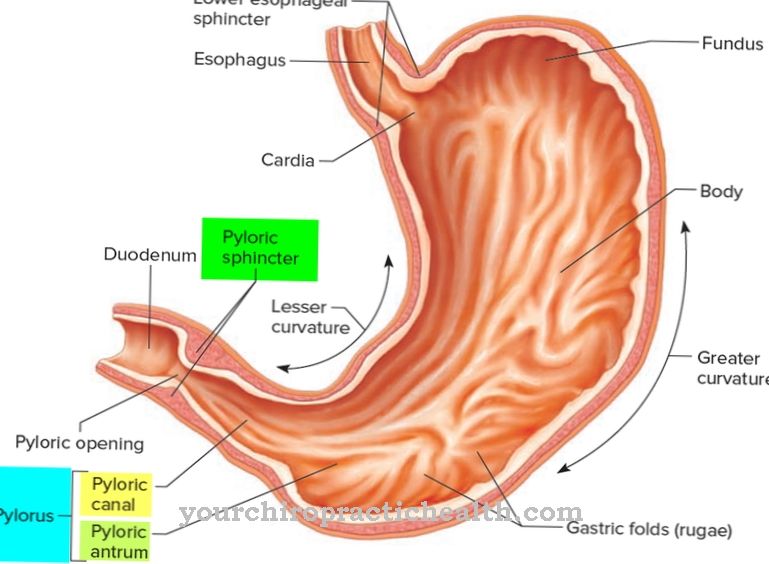
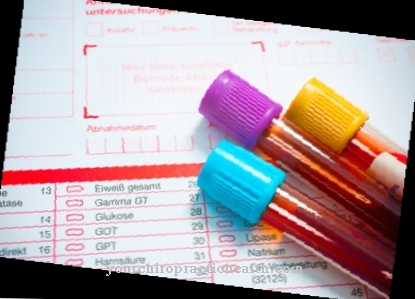
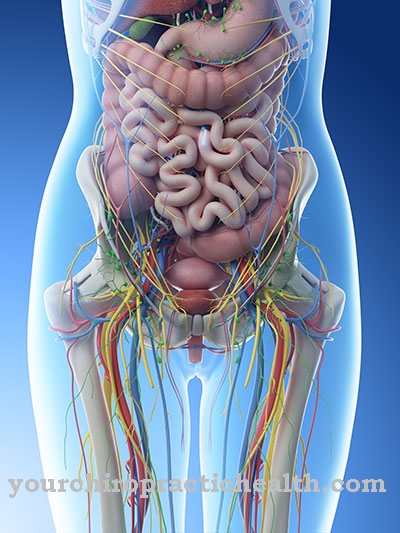

.jpg)